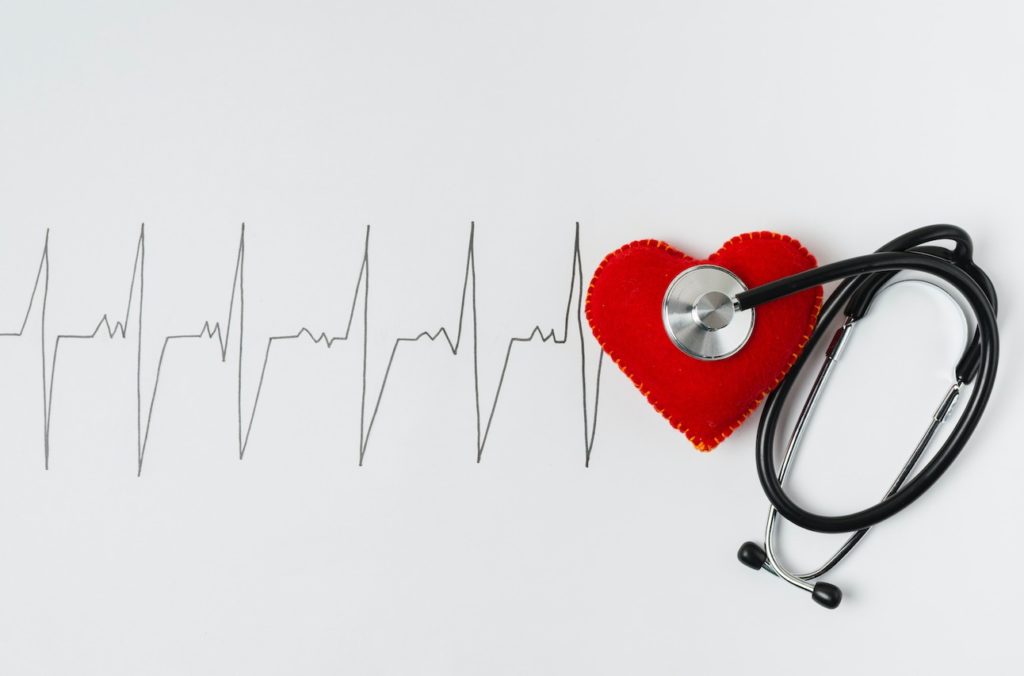
In this time of the COVID-19 global pandemic, how can we best manage our heart health? COVID-19 is a highly contagious disease that infects the lungs and other parts of the body. The common symptoms displayed by patients include fever, cough, chest discomfort, and shortness of breath.
How does COVID-19 affect the heart?
Although the main target of the virus is the lungs, it can also tax the heart, especially one that is already weaker than normal. COVID-19 carries an increased risk of complications in patients with heart disease, diabetes, high blood pressure, and the elderly age group.
COVID-19 triggers an inflammatory response that can make the heart work harder. In addition, the lung infection can lower the amount of oxygen in the blood, which leads to the heart having to pump harder to get sufficient oxygen to all parts of the body.
When the demand for oxygen exceeds the supply, heart injury/heart attack occurs.
As a heart patient what should I do to protect myself from COVID-19?
- Wash your hands regularly and thoroughly with soap, especially before eating or touching your face.
- Avoid people who are sick/not feeling well
- Avoid crowded places. Go out only for essential activities.
- Wear a mask when going outdoors.
- Practise physical distancing of at least one metre
In addition to keeping yourself safe from infection, you should also practise good health and lifestyle habits to keep your heart in good condition.
Keeping your heart healthy
- Do regular exercise – aim for at least 150 minutes of exercise per week
- Aim for 10,000 steps a day
- If you are unable to do walks alone or with a mask on in your neighbourhood, consider switching to indoor cardio exercises
- Eat a healthy diet – balanced diet with fruits and vegetables
- Do not binge on snacks when you are confined in your home
- Do not smoke, avoid using coping strategies involving drugs or alcohol
I have a follow-up appointment with my cardiologist, should I still go?
- You may consider delaying your reviews with your doctors if you feel completely well. Speak to your cardiologist whether it is safe to do so.
- Make sure you have sufficient supply of medications. Do not stop any of your medications without consulting your doctor first.
- In the event of new symptoms, such as worsening chest pain, shortness of breath or emergency, please consult your doctor urgently or visit the emergency department for prompt assessment
- Hospital facilities are still safe for our patients during this COVID-19 situation. If you have any ongoing chest discomfort, or other medical concerns, do not delay your medical assessment in the hospital.




